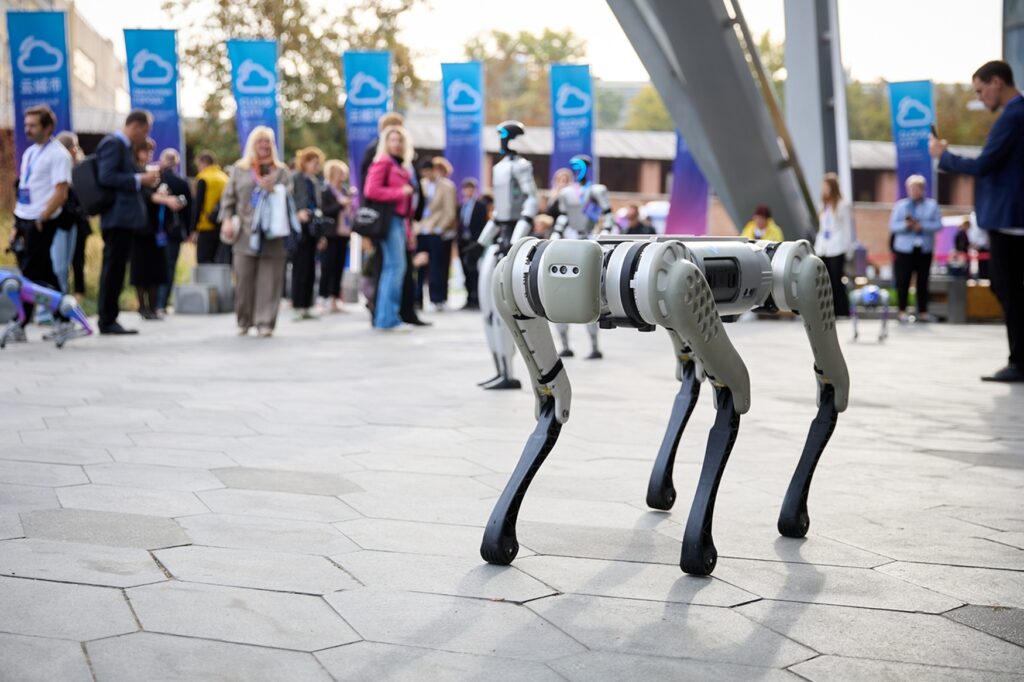The BRICS Urban Future Forum “Cloud City” has concluded in Moscow, drawing more than 13,000 visitors from 42 countries to debate the role of technology in tomorrow’s megacities.
Held on 17–18 September, the third edition of the event brought together 460 speakers and delegates — including urbanists, futurists, architects, and senior policymakers. With robotics and artificial intelligence (AI) as key themes, discussions focused on how digital innovation can make cities smarter, more resilient, and more human-centred.
Among the international figures in attendance were Ayesha Bin Bishr, global smart city expert and former head of Dubai’s Digital Development Agency, and Sultan Al Raisi, Chief Operating Officer of Sandbox Dubai within the Dubai Future Foundation. Also contributing were Nobel Peace Prize laureate Rae Kwon Chung, former Greek finance minister Yanis Varoufakis, and Dr Kate Barker, Chief Futurist of Saudi Arabia’s ambitious NEOM megacity project.
Bin Bishr outlined three stages in the evolution of smart cities — from digitalisation and integration to today’s human-centred transformation. “Technology is only a tool, not an end in itself,” she said. “The question is no longer what technology we buy, but whether the innovation makes people happier, reduces inequality, and strengthens resilience to climate change.”
Al Raisi presented Dubai’s “sandbox” initiative, designed to help innovators pilot new urban technologies by offering regulatory flexibility and direct access to policymakers.
Barker described how NEOM envisions AI as an active participant in daily life, with residents supported by personal “AI twins” that monitor health and guide skill development. “AI is first and foremost a companion. NEOM is conceived as a laboratory for these ideas — and as a reason for a global conversation about the boundaries of artificial intelligence in governing society,” she said.
Robotics also featured heavily. Moscow received the BRICS Urban Innovation Award for “Human-Centred Robotics”, recognising its development of autonomous systems including driverless trams and the cleaning robot Pixel. A new version of Pixel was unveiled at the forum, now equipped with a vacuum system to better handle debris in parks and streets.
Robots even joined the forum’s business programme. The humanoid robot Ardi shared its perspective on integrating AI into urban infrastructure, while Avatar, a remotely operated robot, acted as a virtual moderator.
The forum also hosted over 50 sessions on digital infrastructure, climate initiatives, and urban competitiveness. Organisers said the event demonstrated how BRICS cities are positioning themselves as testbeds for AI and robotics, while keeping human needs at the centre of innovation.

